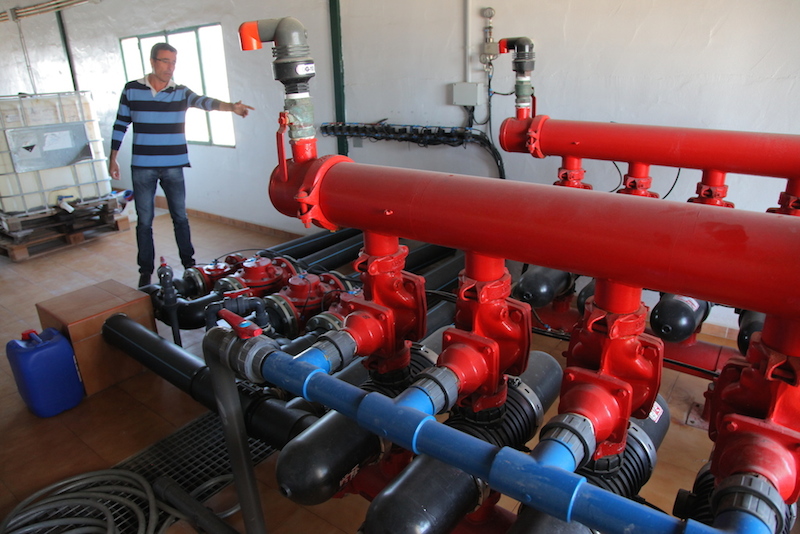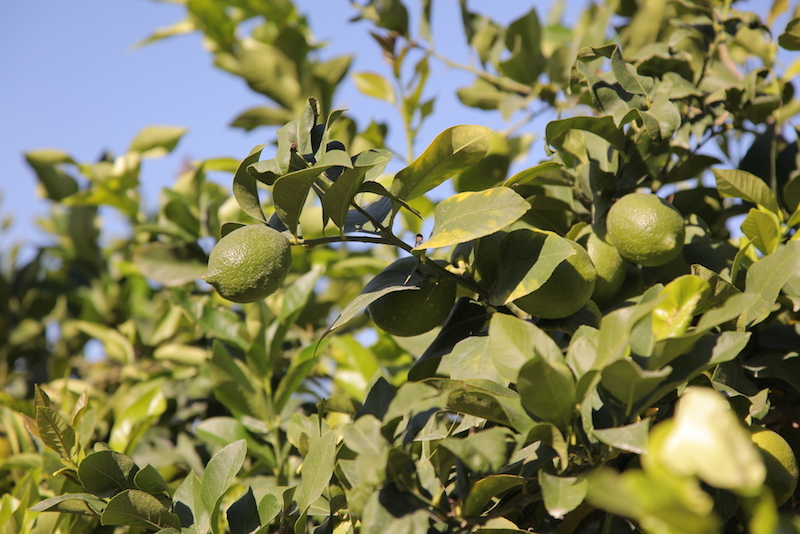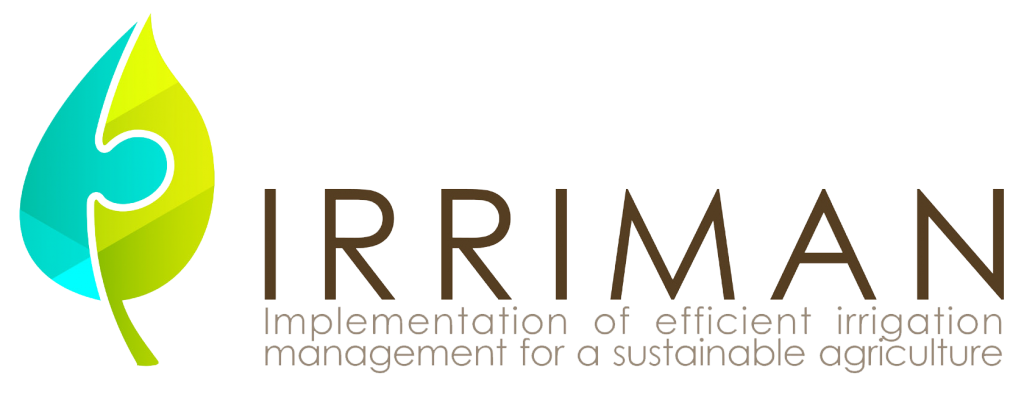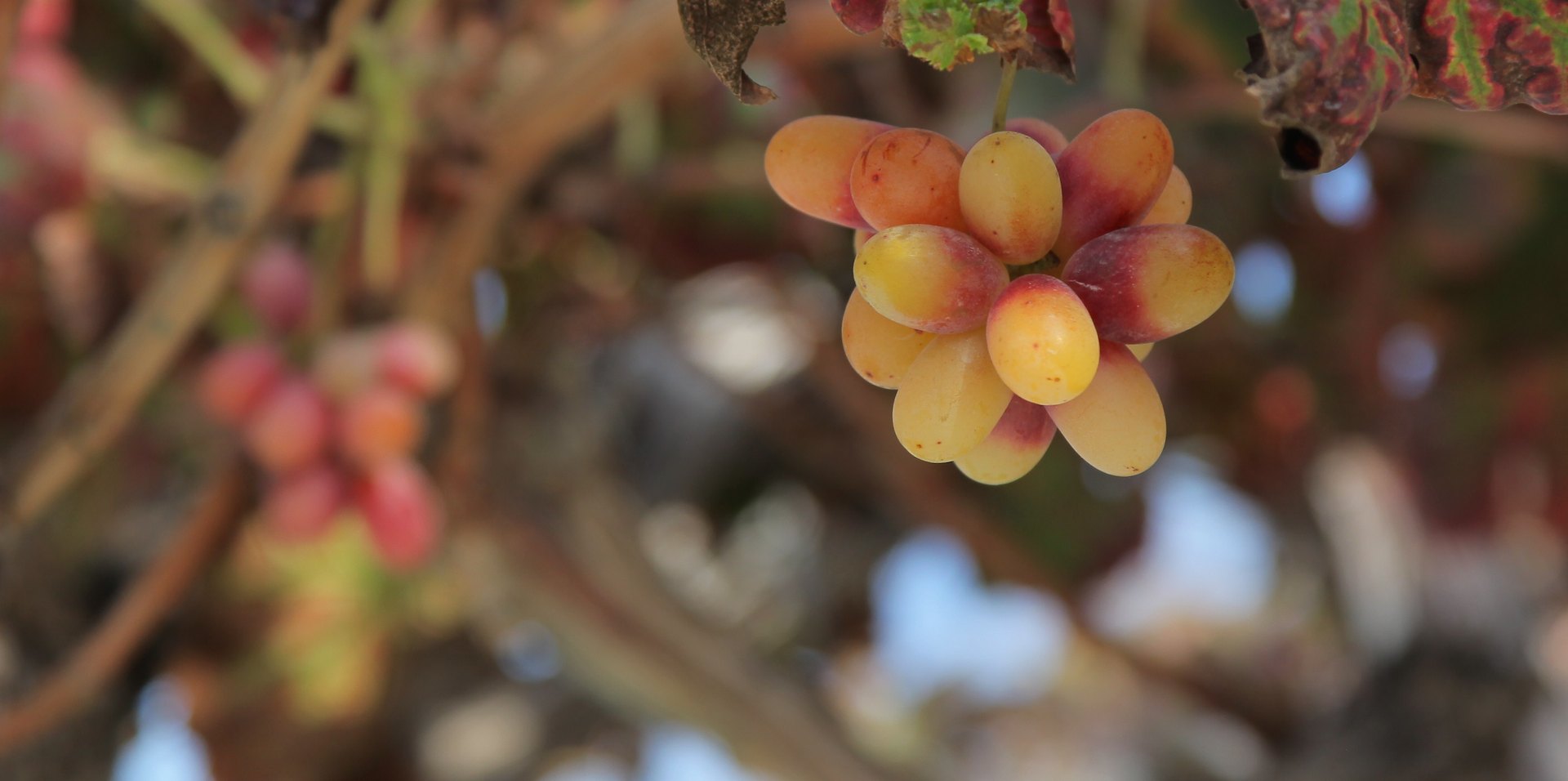%
Ahorro de agua
%
Descenso en las tasas de flujo de CO2
%
Disminución de la fertilización química
Hectáreas donde se aplicará el sistema de riego
Objetivos detallados
- 1. Implementar un riego sostenible en parcelas demostrativas en diferentes cultivos leñosos, mediante el uso de diferentes calidades de agua, prestando especial atención a la reutilización de aguas residuales tratadas. Las estrategias de riego se probarán en diferentes suelos y condiciones ambientales para probar su eficacia.
- 2. Extrapolar el procedimiento de riego a la superficie total de las granjas de demostración.
- 3. Caracterizar la respuesta agronómica y fisiológica de los cultivos mediante el uso de herramientas de precisión para medir el estado de humedad del suelo y de la planta y la incidencia de la irrigación sostenida/déficit en el rendimiento de los cultivos y la calidad del fruto.
- 4. Validar la disminución del riego deficitario en el consumo de agua, la lixiviación del agua, el suelo y la contaminación del agua por nitratos, la liberación de CO2 del suelo y el consumo de energía.
- 5. Elaborar modelos de control de expertos para la autorregulación de los diferentes tratamientos de riego deficitario de acuerdo con las instrucciones de riego establecidos, con el objetivo de promover su difusión.
- 6. Difundir el conocimiento y la transferencia de tecnología generada en el ámbito regional, nacional y europeo a través de información pública adaptada a las diferentes partes interesadas en el riego eficiente.


Objectives
Objectives
The project aims to implement an efficient irrigation management schedule for two areas in the Segura Basin and one in the Guadalquivir basin. The project will implement, demonstrate and disseminate a sustainable irrigation strategy for use with woody crops in Mediterranean agro-ecosystems. The strategy will be based on reduction of water supply during non-critical periods, the covering of water needs during critical periods and maximising yields per unit of applied water. The project will implement demonstration plots where sustainable irrigation protocols will be applied. Different cropping zones will be selected with the most representative fruit trees, including peach, table grapes, citrus, apricot, early apricot and almond. More specifically, the project will have three phases: Installation of sensors to measure soil and water status in different fruit trees; Using data from the sensors, the beneficiary will develop a series of sustainable irrigation schedules depending on the type of cultivation and the area; Once the sustainable irrigation models have been created, the project will assess: o The environmental effects of sustainable irrigation in terms of water and energy consumption, runoff water quantity and quality, water leaching depth, NO3 leaching and the capability of the soil to fix carbon; o Vegetative growth and crop yield so irrigation can be adjusted at any time if it is necessary for adaptation to quality standards; and o Crop yields and the final fruit quality at harvest in order to verify the effectiveness of the sustainable irrigation strategy.

